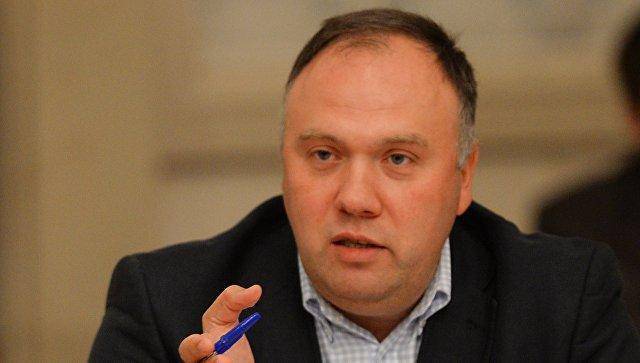The willingness of the parties to the Armenia-Azerbaijan Nagorno-Karabakh conflict to establish a bilateral dialogue, hear the opponent and make compromises remain the main factors that would allow stimulating the negotiation process on the conflict’s settlement, Georgy Fedorov, Russian expert, president of the Aspect Center for Social and Political Studies, said in an interview with Trend and Azernews.
He was commenting on the intensification of the negotiation process on Nagorno-Karabakh conflict’s settlement.
There is no need to change the existing format of the OSCE Minsk Group (Russia-US-France), he added.
“The existing format remains the most appropriate one,” he said.
Fedorov noted that many regional powers have their own interests in the concrete outcome of the talks on Nagorno-Karabakh, or, on the contrary, in the deliberate prolongation of the conflict.
As for the internal situation in Armenia, Pashinyan’s government will be concerned over domestic problems, the economic situation and other pressing issues in the next few months, according to the expert’s forecast.
“Armenia, despite the changes in the political leadership of the country, remains economically dependent on Russia in many respects,” Fedorov said. “Therefore, no sharp steps, at least in the near future, will happen in Armenia’s foreign policy. Nevertheless, the overall foreign policy course in the future will be rather guided by Europe and the West as a whole.”
The conflict between the two South Caucasus countries began in 1988 when Armenia made territorial claims against Azerbaijan. As a result of the ensuing war, in 1992 Armenian armed forces occupied 20 percent of Azerbaijan, including the Nagorno-Karabakh region and seven surrounding districts.
The 1994 ceasefire agreement was followed by peace negotiations. Armenia has not yet implemented four UN Security Council resolutions on withdrawal of its armed forces from the Nagorno-Karabakh and the surrounding districts.
More about:
















































